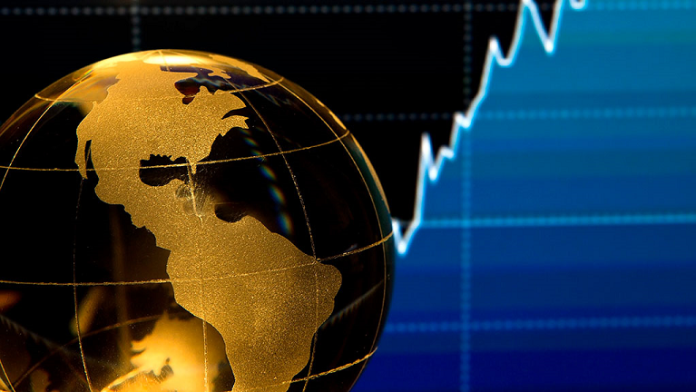The world economy is a dynamic and interconnected system that profoundly impacts nations, businesses, and individuals. Its health determines global trade, employment rates, and the standard of living across continents. Over the past few years, it has faced both significant challenges and remarkable opportunities for growth and transformation.
One of the most notable challenges to the world economy has been the COVID-19 pandemic. This global crisis disrupted supply chains, reduced consumer spending, and brought industries like tourism and hospitality to a near standstill. However, it also accelerated trends like digitalization and remote work, which have reshaped economic landscapes worldwide. Technology companies emerged as leaders, driving innovation and creating new markets.
Emerging markets are also playing a pivotal role in reshaping the world economy. Countries like India, China, and Brazil are contributing significantly to global growth through industrial expansion and technological innovation. Their growing middle-class populations are fueling demand for goods and services, further integrating these economies into the global system.
At the same time, challenges such as inflation, geopolitical tensions, and climate change pose significant risks. The war in Ukraine, for example, disrupted energy supplies and heightened global uncertainty. Inflationary pressures, fueled by rising energy costs and supply chain constraints, have impacted purchasing power worldwide.
Climate change represents another critical challenge to the world economy. The transition to sustainable practices is no longer optional but necessary. Countries are investing heavily in renewable energy, green technologies, and carbon reduction policies. These initiatives not only mitigate environmental risks but also create economic opportunities in emerging industries.
Global collaboration is crucial to address these challenges effectively. Institutions like the World Trade Organization (WTO) and International Monetary Fund (IMF) facilitate dialogue and cooperation among nations. Their role in promoting equitable growth, resolving trade disputes, and addressing global inequalities is indispensable.
In conclusion, the world economy is at a crossroads. While challenges like inflation, geopolitical tensions, and climate change are daunting, opportunities for innovation, sustainability, and inclusive growth are equally promising. By embracing collaboration, fostering technological advancements, and committing to sustainability, we can navigate the complexities of the global economy and build a resilient future for all.























